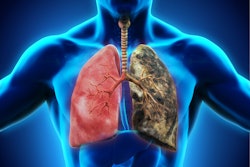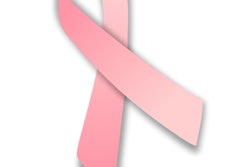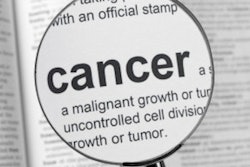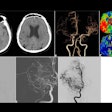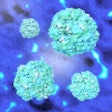An American Cancer Society (ACS) study has found that cancer incidence rates are rising among Generation Xers and Millennials in 17 of 34 cancer types, including breast, pancreatic, and gastric.
The research showed that mortality rates are also increasing, particularly in conjunction with liver, uterine, gallbladder, testicular, and colorectal cancers, a team led by Hyuna Sung, MD, of the ACS reported. The findings were published July 31 in The Lancet Public Health.
"These findings add to growing evidence of increased cancer risk in post-Baby Boomer generations, expanding on previous findings of early-onset colorectal cancer and a few obesity-associated cancers to encompass a broader range of cancer types," Sung said in a statement released by the society.
Sung and colleagues gathered cancer incidence data from 23.6 million patients diagnosed with 34 types of cancer and mortality data from 7.3 million deaths for 25 types of cancer in people between the ages of 25 and 84; the information came from the North American Association of Central Cancer Registries and the U.S. National Center for Health Statistics for the time frame January 2000 to December 2019.
The team found the following:
- The cancer incidence rate was approximately two to three times higher in the study's 1990 birth cohort than in its 1955 birth cohort for pancreatic, kidney, and small intestinal cancers in both men and women and for liver cancer in women.
- Incidence rates increased in younger cohorts, after a decline in older ones, for nine of the remaining cancers, including breast, uterine, colorectal, non-cardia gastric, gallbladder, ovarian, testicular, and anal and Kaposi sarcoma cancers in men.
- Across cancer types, the incidence rate in the 1990 birth cohort ranged from 12% higher for ovarian cancer to 169% higher for uterine cancer than the rate in the birth cohort with the lowest incidence rate.
"The increase in cancer rates among this younger group of people indicate generational shifts in cancer risk and often serve as an early indicator of future cancer burden in the country," said study senior author Ahmedin Jemal, MD, also of the ACS. "Without effective population-level interventions, and as the elevated risk in younger generations is carried over as individuals age, an overall increase in cancer burden could occur in the future, halting or reversing decades of progress against the disease."
The full report can be found here.




